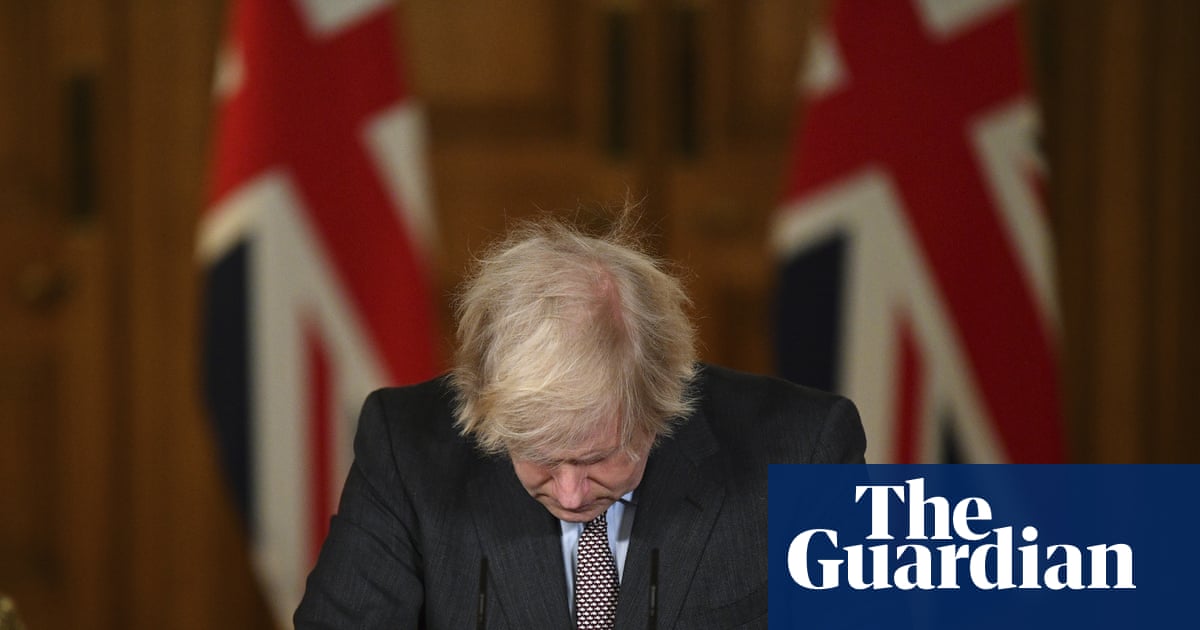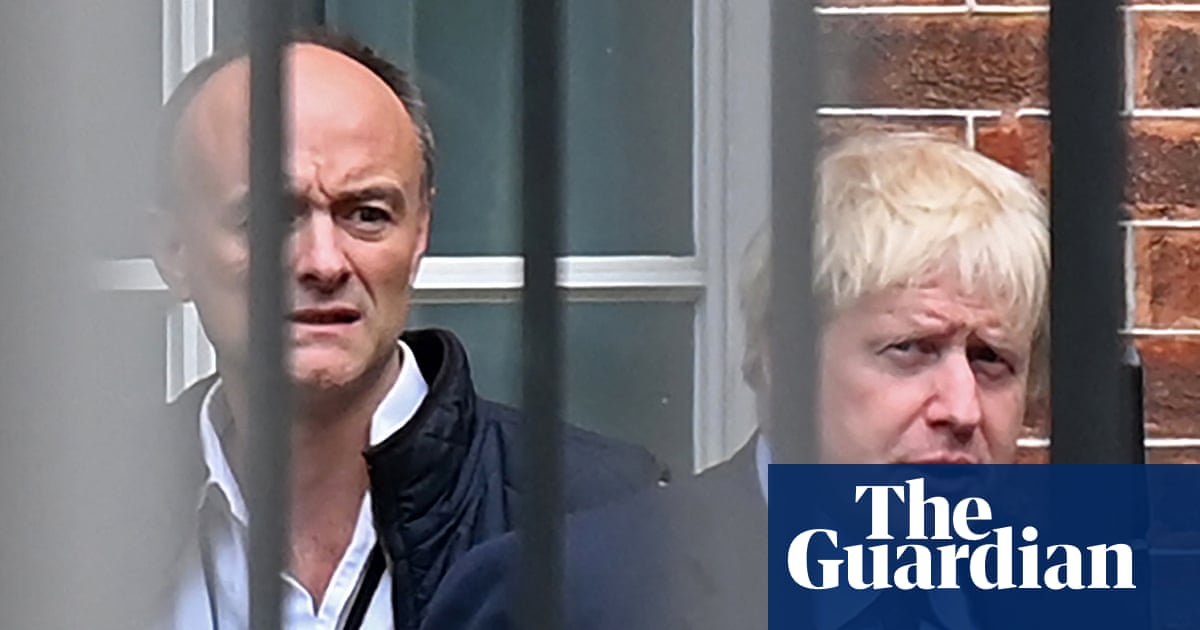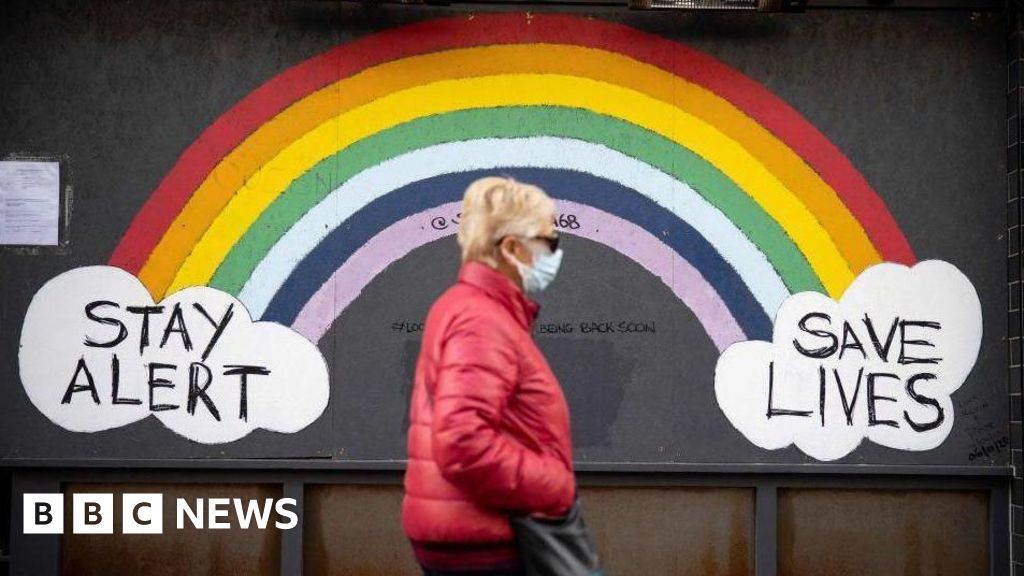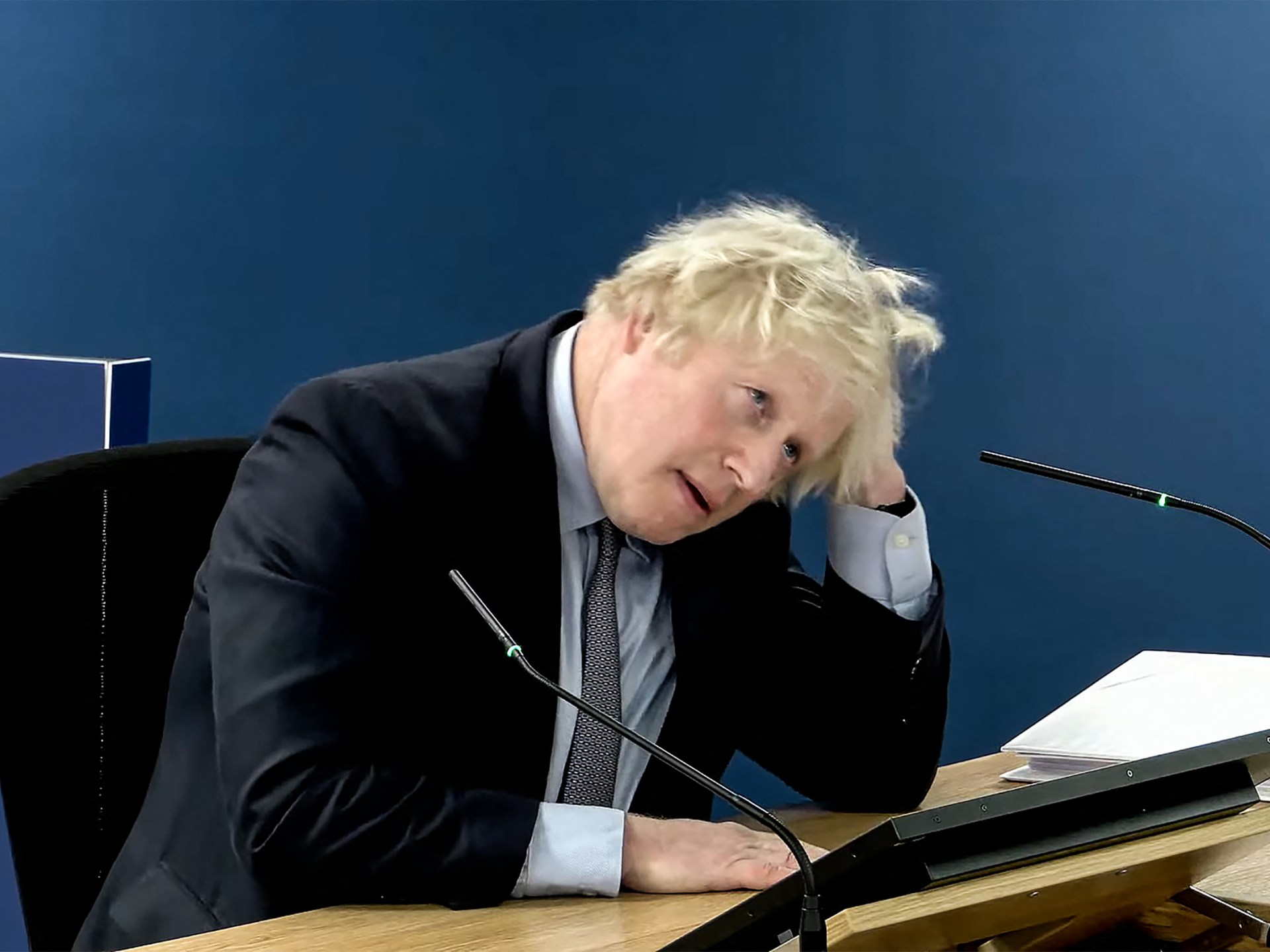UK Government Criticized for "Too Little, Too Late" COVID-19 Response
Reports criticize the former UK government's early COVID-19 response, citing optimistic messaging, chaotic decisions, and repeated mistakes causing lasting societal and economic scars.
Overview
- Reports criticize the former UK government, especially Johnson, for overly optimistic outlooks and confusing public messaging during the early COVID-19 pandemic.
- The UK's early COVID-19 response was condemned as "too little, too late," with expert advice burdening few individuals in the devolved nations.
- Damning reports highlight repeated mistakes made by the Tory government throughout 2020, including a failure to adequately protect key at-risk groups from the virus.
- Decision-making during the pandemic's early phase was characterized as chaotic, contributing to an ineffective response despite the implementation of lockdowns.
- While lockdowns saved lives, they also inflicted lasting societal and economic damage, with children particularly affected by the pandemic's broader consequences.
Report issue

Read both sides in 5 minutes each day
Analysis
Center-leaning sources frame this story by emphasizing the severe criticisms leveled against the former UK government's initial COVID-19 response. They highlight the inquiry's findings of "too little, too late" actions and a "toxic culture," underscoring the "unacceptable loss of life." The narrative consistently focuses on governmental failures and their dire consequences, without presenting counter-perspectives.
Articles (5)
Center (2)
FAQ
The UK government's early COVID-19 response was criticized for overly optimistic messaging, chaotic decision-making, repeating mistakes, burdening few individuals with expert advice in devolved nations, and failure to protect key at-risk groups adequately, leading to lasting societal and economic damage.
The first national lockdown in the UK was announced by Prime Minister Boris Johnson on 23 March 2020, involving stay-at-home orders, closing pubs, restaurants, gyms, and other social venues, and legal enforcement of restrictions through the Coronavirus Act 2020.
Confusing public messaging and chaotic decision-making undermined the effectiveness of the response, delaying stricter measures that could have better protected vulnerable groups and potentially resulted in higher transmission, though lockdowns eventually saved lives despite economic and social costs.
Lockdowns saved lives but also caused lasting societal and economic damage, with particularly severe impacts on children, including educational disruption and broader social challenges resulting from restrictions and school closures.
The devolved nations had some differences in approach, with expert advice burdening fewer individuals there and some variance in timing and implementation of contact tracing and restrictions, reflecting a less centralized approach compared to the UK government’s initial response.
History
- This story does not have any previous versions.




